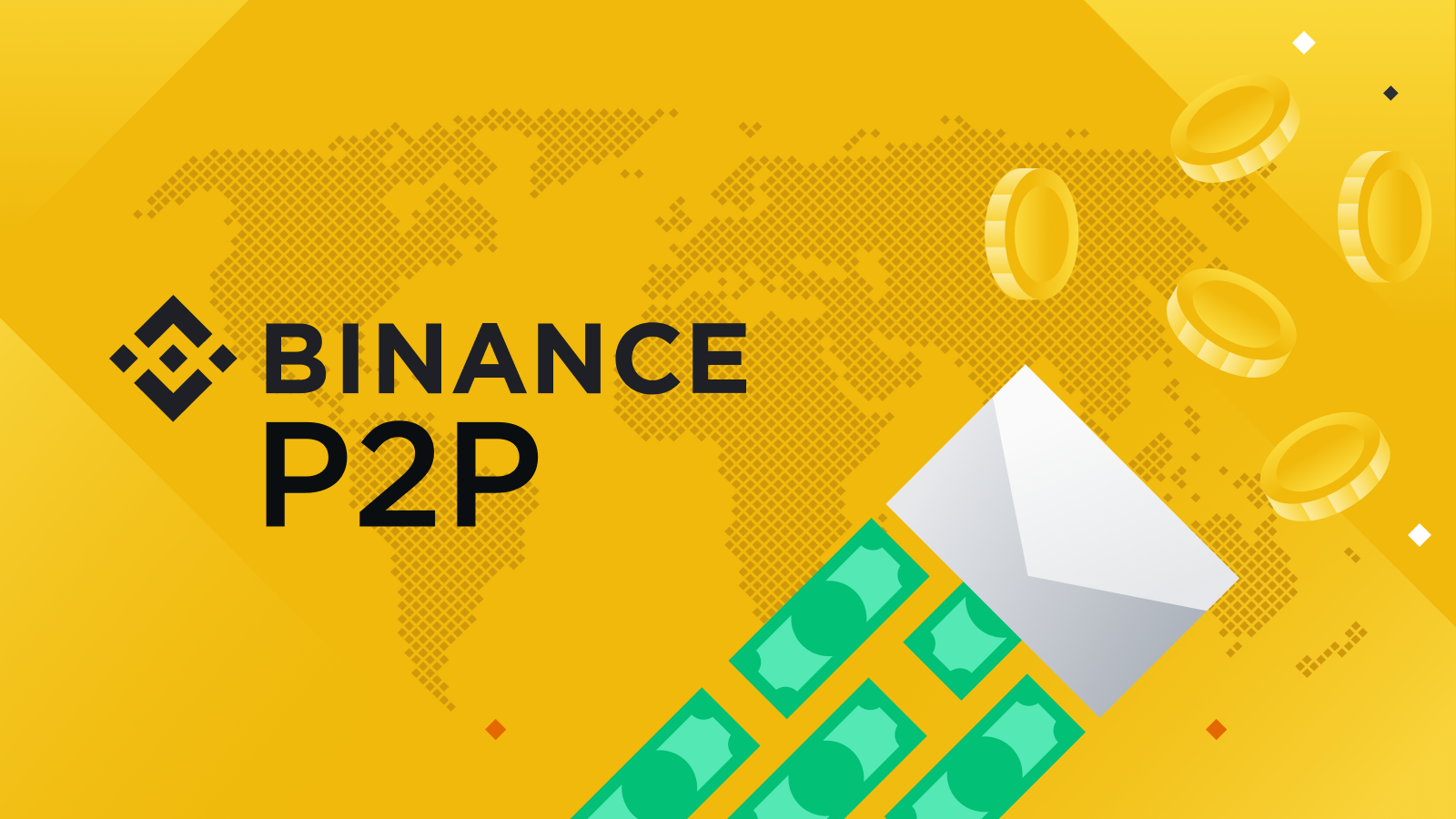
Remittances have always been a point of concern for expats sending money abroad. Although there are many options for money transfer services in the world, certain factors and requirements of remittances complicate the simple act of sending funds.
Those challenges include high fees, documentation restrictions, and lack of services and access from remittance providers with the COVID-19 epidemic being a major proponent. The World Bank reported that “the average cost of sending $200 [US dollars] to the region [Latin America and the Caribbean] was 5.97 percent in the first quarter of 2020.” The World Bank also reported that though remittances flows into Latin America and the Caribbean grew by 7.3 percent to $96 billion in 2019, the flows are estimated to fall by 19.3 percent due to these challenges.
In Venezuela alone, about 35 percent of households receive and rely on remittances, which amounts to about 2 million recipients in the country; the second-largest source of foreign earnings after oil. A number of people sending funds to Latin American countries who are facing these challenges have recently looked to alternative solutions, namely, digital platforms offering remittance services with cryptocurrency including peer-to-peer (P2P) services. One case in point:
Dennys, a new Binance user, emigrated to Argentina from Venezuela in 2016 and started using cryptocurrencies as a result of the crisis caused by COVID-19 including to offset the effects of rising inflation.
Dennys worked as a hotel manager and used various digital remittance services where he always had to take high fees into account as well as the fact that he had to first send his total remittance amount to an authorized bank account before reaching his final recipient. His process which is standard for the majority of people sending remittances:
Local bank (salary in fiat) → commission → remittance platform →
commission to remittance service → final transfer to recipient
In April 2020, Dennys left his job as a hotel manager in Buenos Aires to resume his previous profession as a translator. For the first time, he was considering fully remote jobs and landed a full-time translator position at a cryptocurrency news site where he would receive his salary in crypto.
Following the recommendations from his new colleagues, Dennys used Binance to receive his first salary in Bitcoin. To his surprise, on the same platform, he could sell his crypto to exchange for Argentine pesos and pay for his rent and everyday expenses. But, the most attractive aspect for him was to be able to send cryptocurrencies to his family in Venezuela in Bolívares without any fees. His new process for sending money through Binance:
Salary in BTC → balance in Binance account →
Binance P2P with zero fees throughout the process
For Dennys, this new option solved his previous challenges from not having bank accounts with the option to directly send money to his home country. It also immersed his family in using cryptocurrencies and breaking borders for cross-border transfers traditionally known to be expensive and timely.
The Binance P2P service supports several local currencies in Latin America including Venezuela, Colombia, Argentina, Peru and Mexico.
To learn more, visit: https://p2p.binance.com/
Read more our blogs on Binance P2P and security:


